The Vietnam Federation of Commerce and Industry (VCCI) as well as many other agencies consulted all agreed that allowing businesses with "other land" to carry out commercial housing projects is very necessary, meeting practical needs.
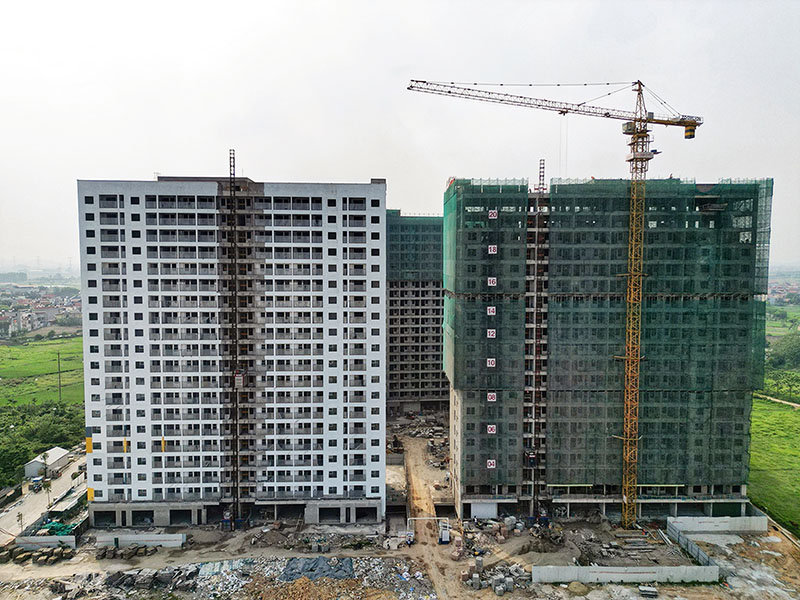 |
| Regulations on land funds for commercial housing projects have been discussed a lot. Photo: Duc Thanh |
Remaining issues of the Land Law
“Land Law 2024 - Important contents that businesses need to know” is the topic of the workshop recently organized by VCCI, with the participation of hundreds of business representatives and many speakers who have been involved throughout the drafting process of this extremely important law.
According to Mr. Dau Anh Tuan, Deputy Secretary General and Head of the Legal Department of VCCI, the new Land Law has removed overlaps between legal documents, thereby making land procedures faster, promoting transactions in the market. The remaining issue is the regulation on land funds for implementing commercial housing projects.
Specifically, there are two cases for changing the purpose of land use to implement a commercial housing project: if the enterprise has land, it is required to have all or part of the residential land (Clause 6, Article 127); if the enterprise negotiates to receive land use rights, it must have 100% "residential land" (Point b, Clause 1, Article 127).
“Cases of receiving land use rights must have a document of approval from the provincial People's Committee and must be consistent with land use planning. According to the 2013 Land Law, only cases of 'collecting' agricultural land require a document of the provincial People's Committee,” Mr. Tuan compared.
Following the process of completing the 2024 Land Law, Mr. Tuan emphasized that the regulations on land funds for implementing commercial housing projects have been discussed a lot when passing a law amending 9 laws on investment and business (early 2022). Next, this is a major controversial issue when drafting the Land Law and is opening a pilot mechanism.
The Draft Resolution of the National Assembly on piloting the implementation of commercial housing projects through agreements on receiving land use rights, or having land use rights that are not residential land (Draft) is expected to be submitted to the National Assembly at the 7th Session (May 2024).
According to the dossier serving the appraisal work of the Ministry of Justice, the orientation stipulated in the Draft is as follows:
Firstly, the land for implementing commercial housing projects through agreements on receiving land use rights is the type of land as prescribed in Article 9 of the 2024 Land Law, which is eligible for transferring land use rights according to the provisions of the land law. Forms of agreement include: transferring land use rights, contributing capital in the form of land use rights, donating land use rights.
Second, the land that the real estate business enterprise has the right to use belongs to one or includes the following types of land: agricultural land; non-agricultural land other than residential land. In case the commercial housing project needs to expand the area compared to the land area currently used by the enterprise, the enterprise shall execute an agreement to receive the right to use the land for the type of land specified in Clause 1 of this Article to have land to implement the project.
Third, in case the land area for implementing a commercial housing project through the form of receiving land use rights as prescribed in Clause 1 of this Article has land area managed by a State agency or organization, the State shall recover the land and allocate or lease land to investors without auctioning land use rights or through bidding to select investors to implement projects using land.
The orientation for selecting projects and pilot implementation locations is: pilot implementation of commercial housing projects through agreements on receiving land use rights or having land use rights that are not residential land does not exceed 30% of the number of projects and 20% of the total area of housing project development needs approved by the housing development program and plan until 2030. Priority is given to pilot implementation in urban areas and urban development planning areas that have been approved.
Pursuant to the provisions of this Resolution, the Provincial People's Committee shall specify the implementation of the pilot project in accordance with the actual situation of the locality. The Provincial People's Committee shall submit to the People's Council of the same level for approval the list of pilot projects before implementing the pilot. The pilot will be implemented from 2025 and last for 5 years.
Responding to the request for comments on the Draft, VCCI stated that allowing enterprises to receive transfers of the right to use "other land" and allowing enterprises that currently have "other land" to carry out commercial housing projects is one of the major and important recommendations of enterprises during the drafting process of the 2024 Land Law.
The new 2024 Land Law stops at stipulating that enterprises are only allowed to receive transfers of "residential land", enterprises that have "residential land or residential land and other land" are allowed to carry out commercial housing construction investment projects.
VCCI fully agrees and highly agrees with the development of a pilot Resolution allowing enterprises to receive the transfer of the right to use “other land”, allowing enterprises that currently have “other land” to carry out commercial housing projects. This is a very necessary regulation, meeting practical needs, overcoming current difficulties and removing difficulties of many current projects.
The key is risk prevention.
During the process of developing the Draft, the pilot proposal also received the approval of many localities, including those that have never implemented commercial housing projects through the form of receiving the transfer of land use rights or using residential land and other types of land that are permitted by competent state agencies to change their purpose to residential land (such as Hung Yen and some other places). In large cities where many projects are facing difficulties, the support for the Draft is even stronger.
Affirming that the development of the Draft is very necessary, the Ho Chi Minh City Real Estate Association (HoREA) pointed out many practical problems. For example, if investors are only allowed to negotiate land use rights for residential land, there will not be a large enough land fund to invest in the construction of commercial housing projects, large-scale urban areas with full technical infrastructure, synchronous social infrastructure and urban utilities and services.
The reason is that the largest residential plot of land according to the provisions of the land law on the limit of residential land allocation is no more than 400 square meters, while the largest existing residential plots in urban areas are only a few thousand square meters. "Typically, the ancient villa at 110 - 112 Vo Van Tan (District 3, Ho Chi Minh City) has 3 street frontages with an area of only more than 2,700 square meters," HoREA cited.
According to HoREA, the key issue is to prevent and stop the risk of causing loss of state budget revenue, loss of public assets such as land resources and not allowing investors to illegally take advantage of the land rent difference when implementing the self-negotiation mechanism. The strict and synchronous regulations on land prices of the 2024 Land Law, if fully implemented, will prevent and stop the above risks.
Regarding the implementation area, HoREA expressed "great welcome" when the Draft is proposing that all provinces and centrally-run cities are allowed to issue criteria on area, investment capital and other criteria suitable to local reality to select projects in the allowed pilot area.
However, VCCI believes that this proposal may create concerns about the request-grant mechanism when determining investment projects that are subject to the pilot mechanism. To limit this situation, VCCI suggests considering stipulating general criteria right in the Resolution, and localities will rely on these criteria to determine suitable projects.
- Contribution of An Giang Provincial People's Committee on the Draft
Regarding the scale of projects that are agreed to receive land use rights transfer, it is proposed to pilot with a scale of less than 10 hectares. In fact, with a scale of less than 10 hectares, investors are able to negotiate to receive land use rights transfer themselves, without the need for administrative intervention from state agencies. On the other hand, this scale is also to ensure compliance with the authority to allow the change of land use purpose for rice cultivation (if any) of the Provincial People's Council.
Regarding the investment capital, depending on the project area, it can be from 20 billion VND to 300 billion VND. The investor must be an economic organization with real estate business functions, meeting the financial capacity corresponding to the scale and total investment capital of the project according to current regulations.
Source








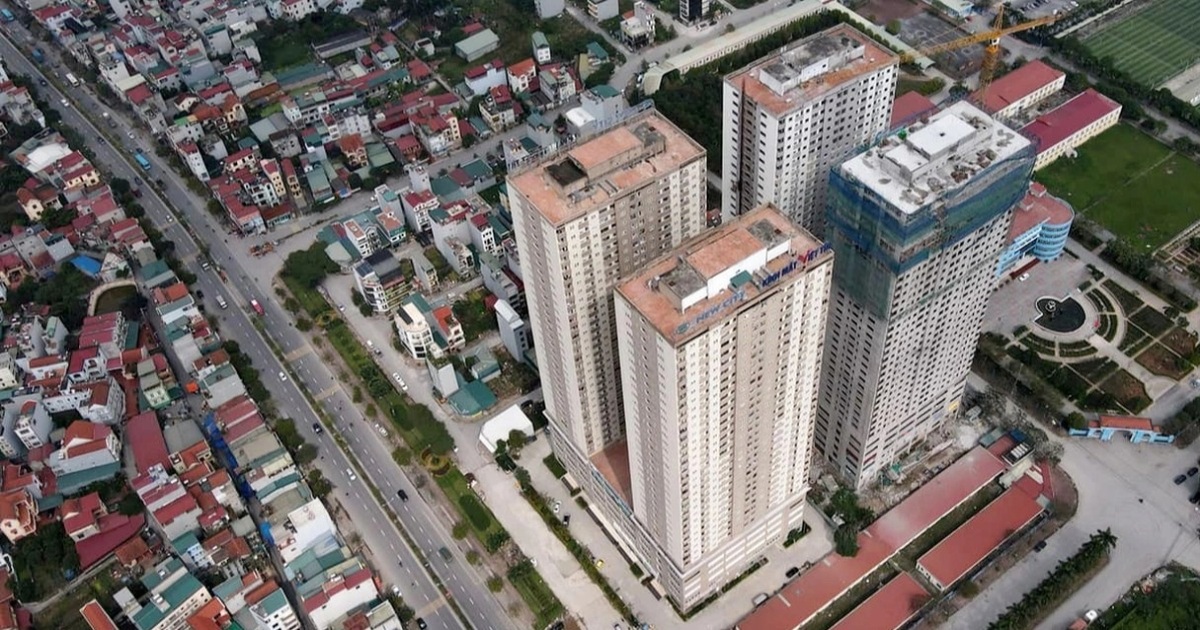

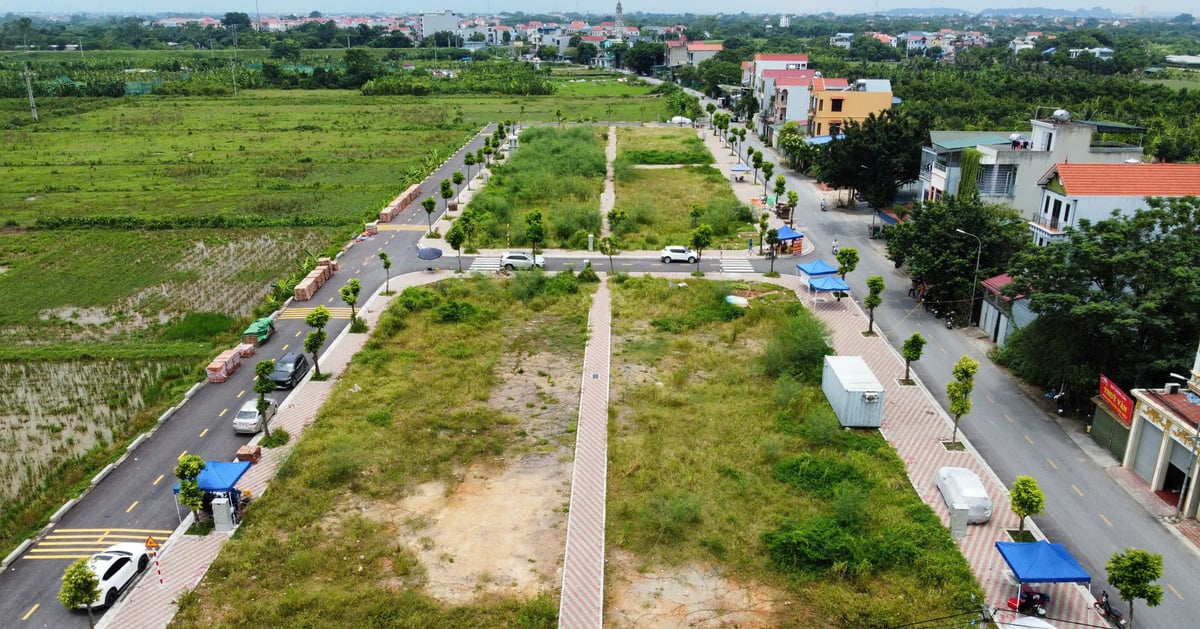

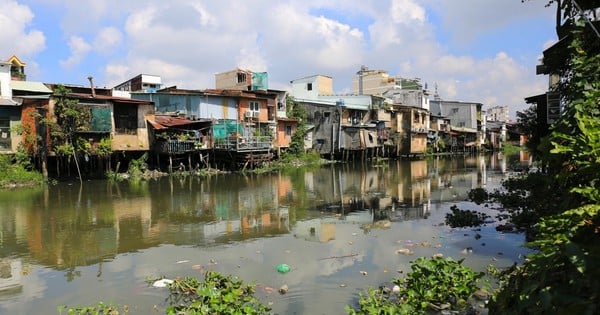

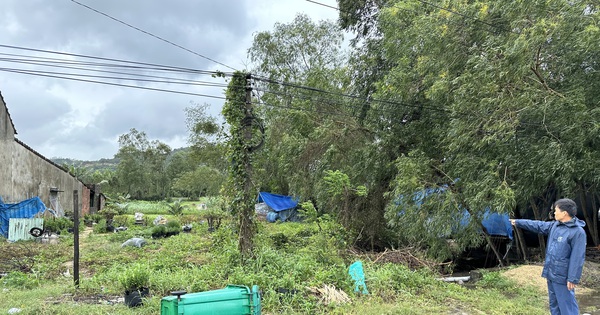

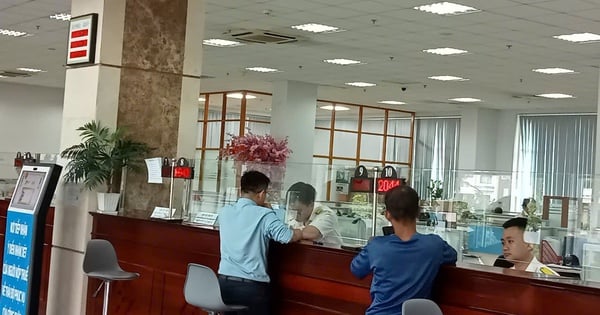

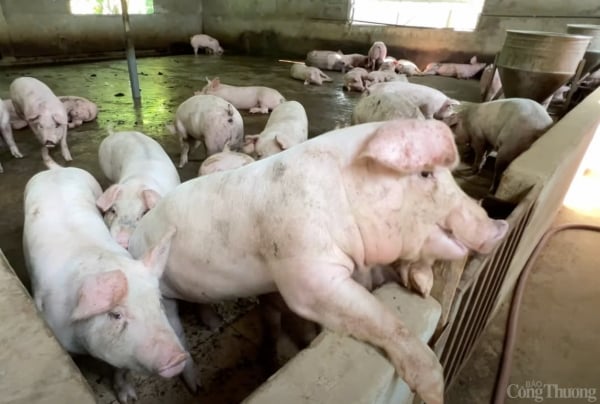

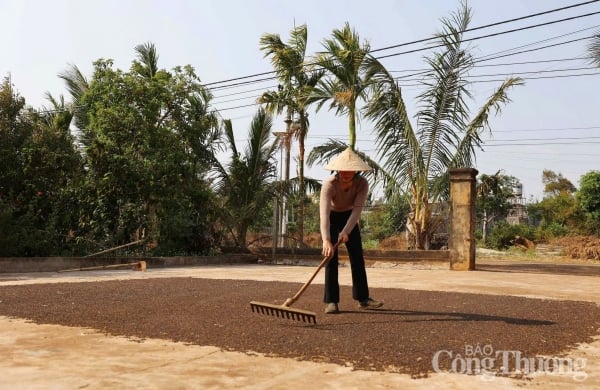
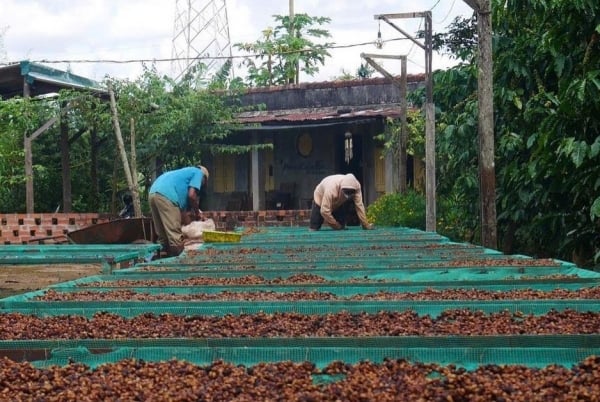







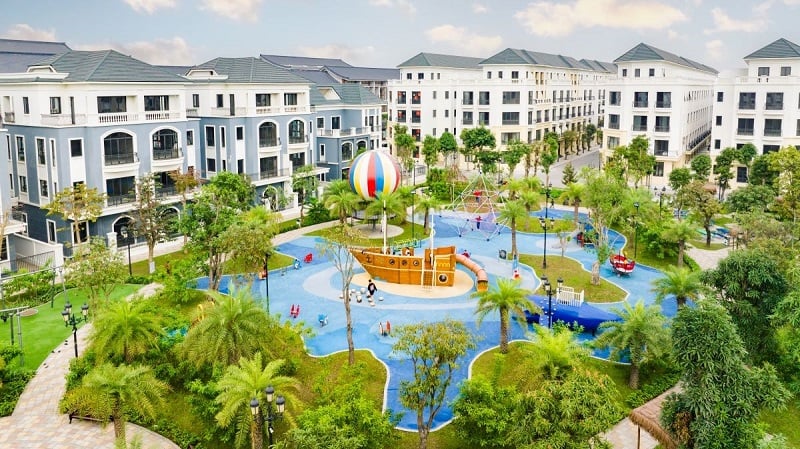
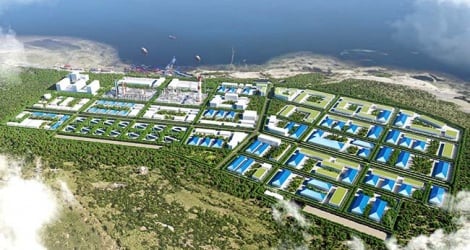




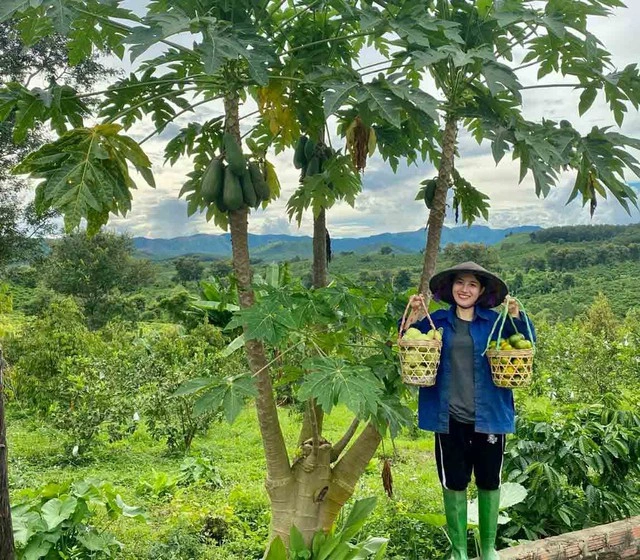


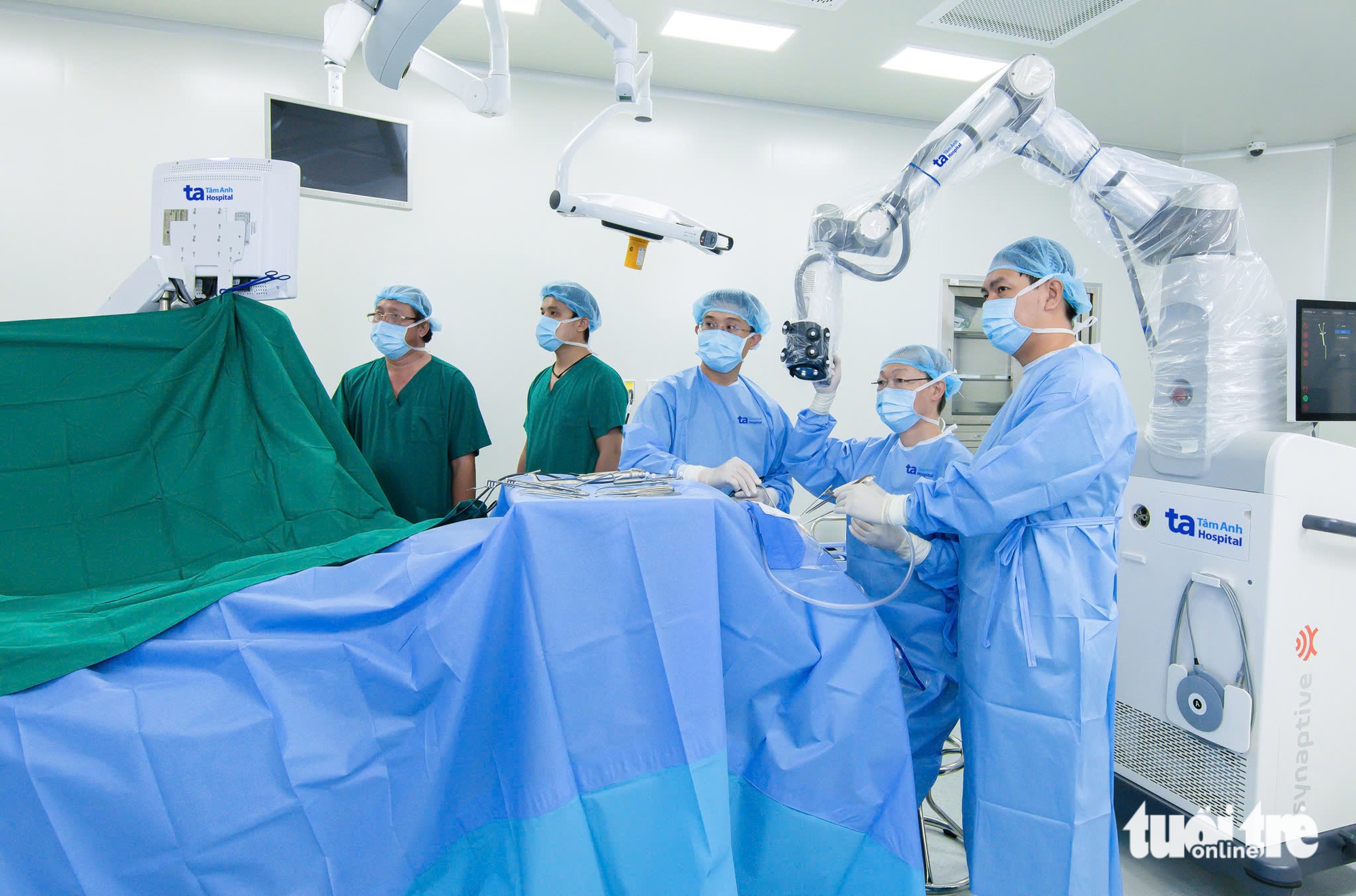


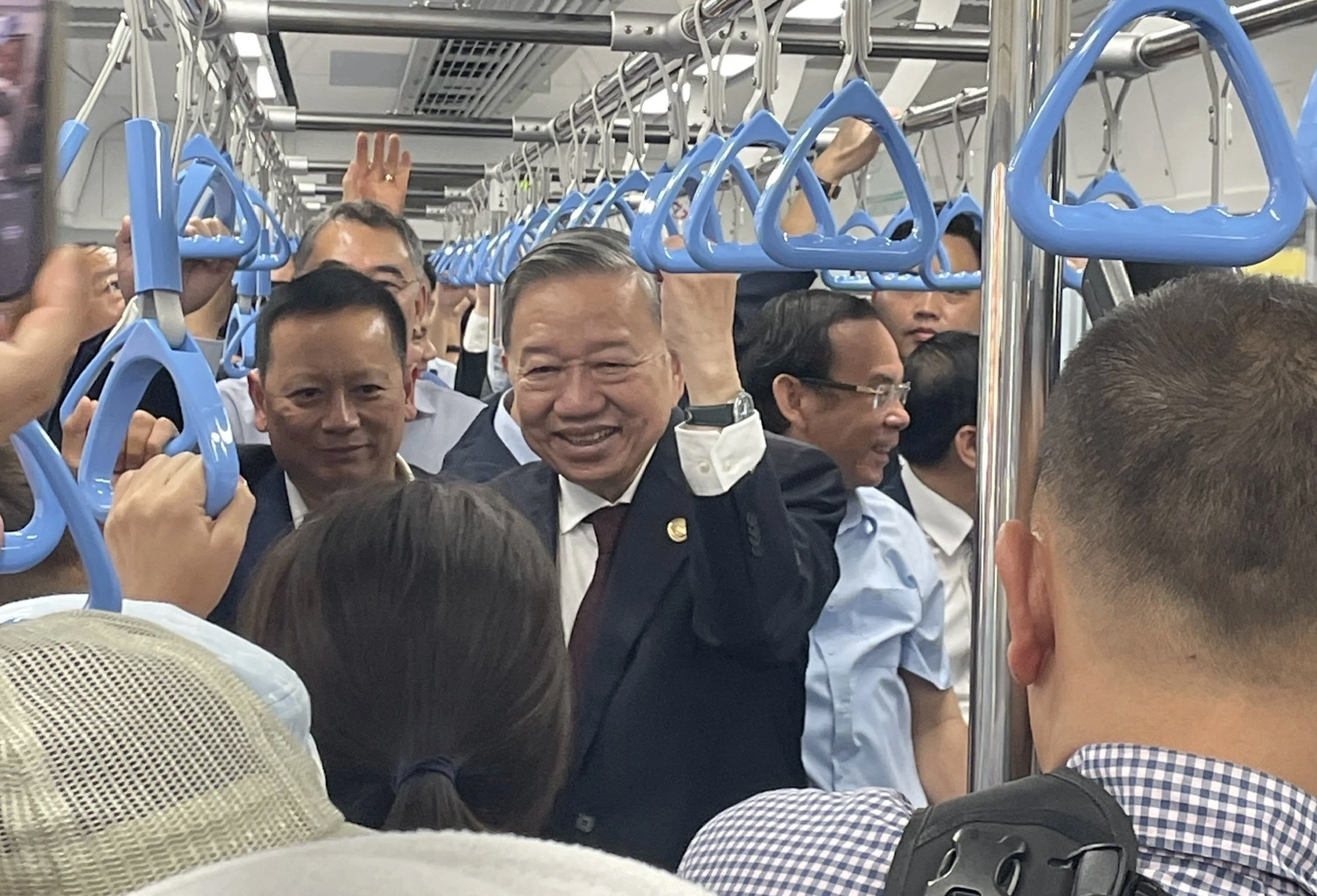
Comment (0)